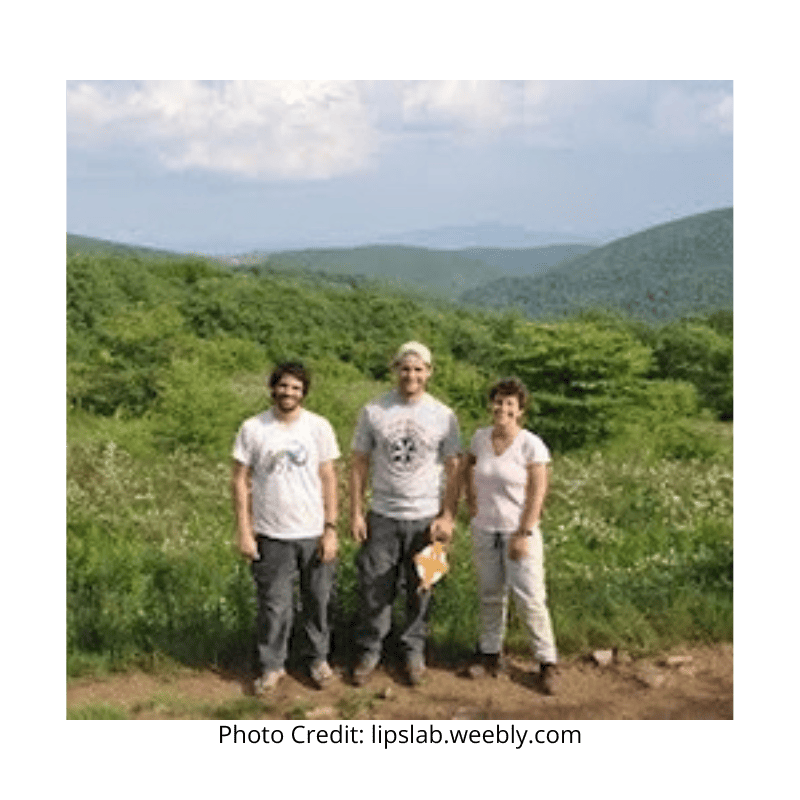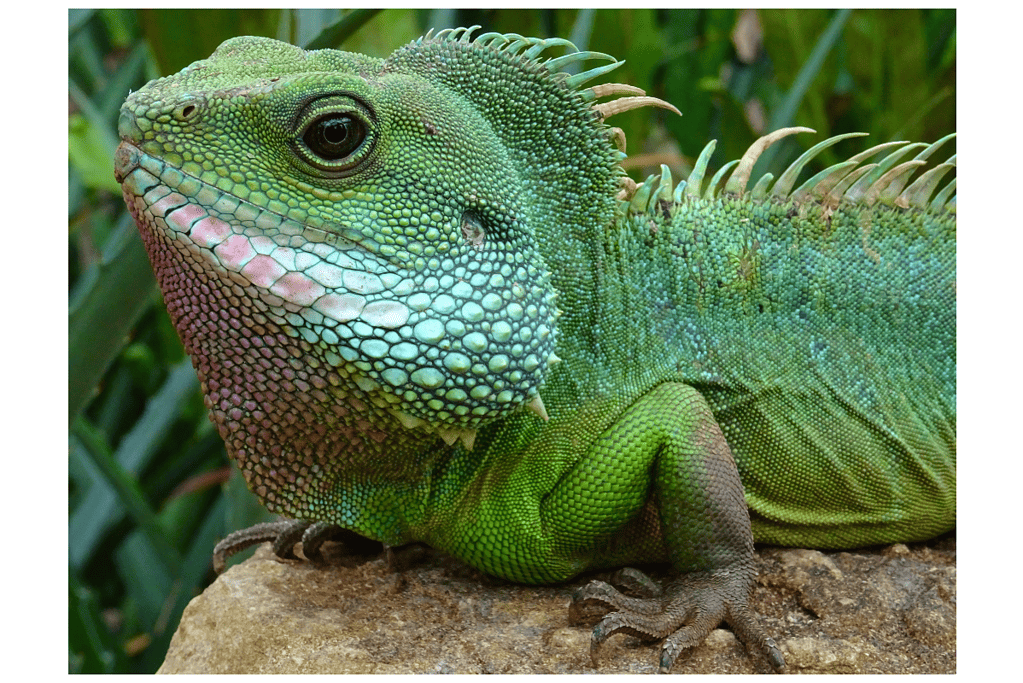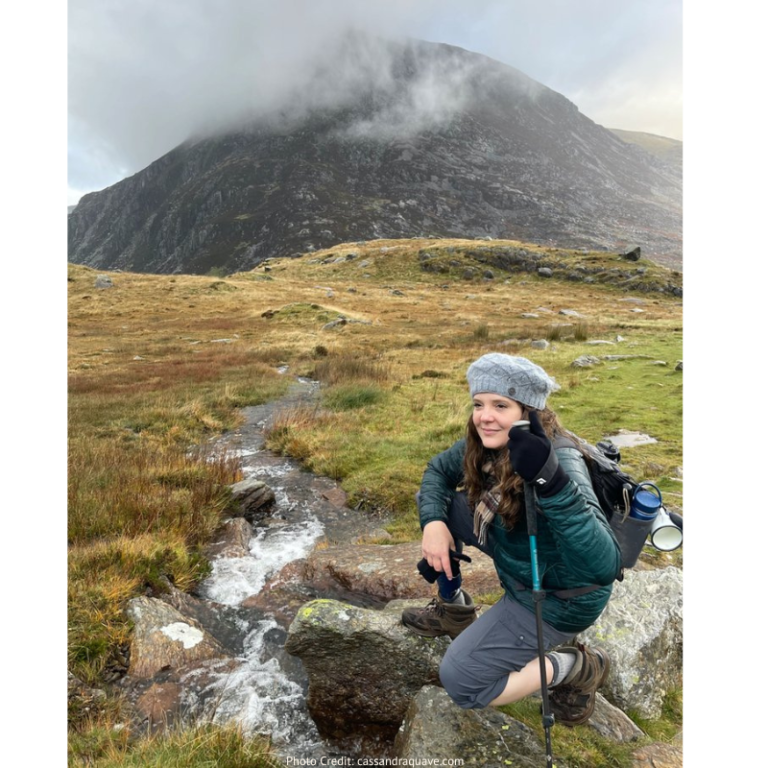Scientist Spotlight: Dr. Karen Lips

This month’s Scientist Spotlight: Dr. Karen Lips, who is a Herpetologist!
Have you ever wondered how a tiny songbird weighing less than an ounce finds its way thousands of miles from Canada to South America and back each year? Dr. Bridget Stutchbury has dedicated her career to uncovering these mysteries. As one of the world’s leading experts on migratory songbirds, she has revolutionized our understanding of bird migration through innovative tracking technologies and tireless field research spanning two continents.
Known affectionately as “the bird detective” (also the title of one of her popular books), Dr. Stutchbury combines rigorous scientific research with passionate conservation advocacy. Her groundbreaking studies have revealed previously unknown migration routes, documented the surprising speed and endurance of small birds during migration, and highlighted the critical connections between habitat protection in both North and South America.
What is an Herpetologist?

A herpetologist is a scientist who specializes in studying reptiles and amphibians. The term comes from the Greek word “herpeton,” meaning “creeping animal.”
Herpetologists study everything from animal behavior and physiology to evolution, ecology, and conservation of these fascinating creatures. Their work takes them from rainforest streams to desert rock formations, wherever reptiles and amphibians can be found.
Dr. Karen Lips
Today we would like to highlight a leader in the field of amphibian conservation and disease ecology.
Dr. Karen Lips has dedicated her career to understanding the dramatic declines of amphibian populations worldwide, particularly focusing on the devastating impacts of the chytrid fungus disease. Her groundbreaking research has transformed how we approach wildlife disease management and amphibian conservation across the globe.

Scientist Profile
- Name: Dr. Karen Lips
- Field: Herpetology, with specialization in amphibian conservation and disease ecology
- Education:
- Ph.D. in Biology from the University of Miami
- Bachelor’s degree from the University of South Florida
- Early life and inspiration:
- Karen Lips grew up in the southeastern United States where she developed a fascination with nature at an early age. “I was always the kid turning over rocks looking for salamanders,” she explains in her university profile. Her passion for amphibians was solidified during her undergraduate studies, but it was during her graduate field research in Central America that she first witnessed mass amphibian die-offs—an observation that would define her career path.
Notable Works and Achievements
Major Contributions
- Documented some of the first evidence of massive amphibian population declines in pristine habitats of Costa Rica and Panama in the 1990s
- Helped identify the chytrid fungus (Batrachochytrium dendrobatidis) as a major cause of global amphibian declines
- Developed the “wave theory” of disease spread by tracking the progression of chytrid fungus through Central America
- Published over 80 peer-reviewed scientific papers in journals including Science, Nature, and Proceedings of the National Academy of Sciences
- Created protocols for monitoring amphibian health and detecting pathogens in the wild
Awards and Honors:
- Sabin Award for Amphibian Conservation
- President’s Award from the Chicago Zoological Society (2012)
- Distinguished Herpetologist Award from the Herpetologists’ League
- Fellow of the American Association for the Advancement of Science
- Multiple National Science Foundation research grants

Impact on the Field
Relevance:
Dr. Lips’ research fundamentally changed how scientists understand wildlife disease dynamics. Her work has shown that pathogens can drive species to extinction—a concept that was once controversial but is now widely accepted. By documenting the spread of chytrid fungus, she created a framework for studying emerging wildlife diseases that is now applied to other animal groups.
Legacy:
Beyond her scientific contributions, Dr. Lips has been instrumental in developing amphibian conservation policy. She served on the Amphibian Specialist Group for the International Union for Conservation of Nature (IUCN) and helped develop the Amphibian Conservation Action Plan. Her advocacy has led to improved biosecurity measures for wildlife trade and enhanced habitat protection for endangered amphibians worldwide.
Personal Insights
Challenges Overcome:
Throughout her career, Dr. Lips has faced numerous obstacles, from difficult field conditions to initial skepticism about her findings. “When I first reported mass die-offs of frogs, many colleagues questioned whether the declines were real or just normal population fluctuations,” she has noted in interviews. “Getting people to take amphibian declines seriously was an uphill battle.” Despite these challenges, she persisted with rigorous data collection and eventually built an irrefutable case that helped launch global amphibian conservation efforts.
“When you see hundreds of dead and dying frogs in a stream that was teeming with life just months before, it changes you. You realize you’re witnessing not just death, but potentially extinction in real-time.”
– Dr. Karen Lips
Dr. Karen Lips stands as one of the most influential herpetologists of our time. Her research not only uncovered a major driver of global amphibian declines but also established new approaches to wildlife disease ecology. Beyond the laboratory and field, she has translated her scientific findings into meaningful conservation action, working tirelessly to protect some of the world’s most vulnerable vertebrates.
Her career reminds us that sometimes the most important scientific discoveries come from simply being in the right place at the right time—and having the training and tenacity to recognize what you’re seeing. For aspiring scientists interested in wildlife conservation, Dr. Lips offers an inspiring example of how field research can lead to global impact.







